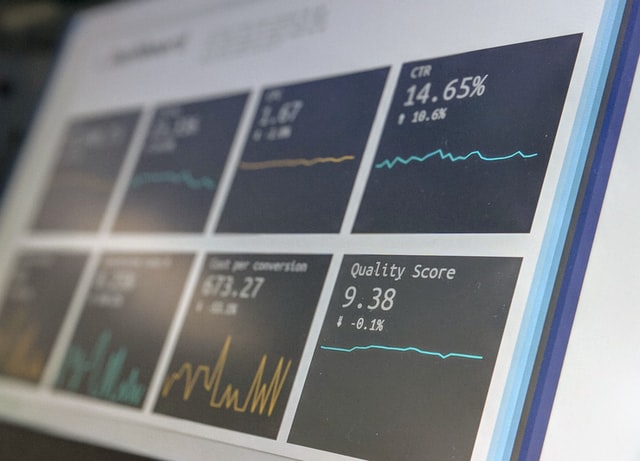Reliance on educated guesswork for marketing and business planning was once the only method of determining how to reach customers. Analysts defined this method of ambiguous and scatter-shot marketing as “garbage in – garbage out,” highlighting the need for more intelligent and automated data collection and analysis.
When social media and search engine optimization (SEO) became the foundation of a successful digital marketing campaign, the data flooded in – and overwhelmed, employees, squirreled it away or used it incorrectly. In an effort to automate and monetize the process of collection, storage, and analysis, business intelligence was born.
What is Business Intelligence?
Business intelligence (BI) is a procedural and technical platform to collect, store, and analyze enterprise data, making it accessible and actionable. Sounds simple? It’s not. As with many new technologies, BI has morphed into a catch-all term describing the processes of data mining and performance and descriptive analysis, by parsing enterprise data into an easy-to-digest guide for future enterprise-level or grassroots management decisions.
The need for simplicity has morphed into an information hydra. Using BI to simplify the process of data collection and analysis now produces over 2.5 quintillion bytes of data daily. Yes, it’s parsed, organized, stored and flows like an open tap, but how should it inform your digital marketing strategy? Let’s explore a few ways BI enhances the process of digital marketing.
Business Intelligence Enabled Digital Marketing Strategy
Absorbing business intelligence data for practical use requires us to break down a complex concept and focus on the controllable and valuable elements. Once you know what data is valuable to you and where to find it, letting the data inform your digital marketing strategy is simplicity itself!
Real-Time Analytics
Acting on marketing information and intelligence from 2005 is fantastic for nothing and no one. One important function of BI is performing real-time, automated analytics to track successful online traction by logging keyword searches, click-through rates, and social media likes and shares. Data changes by the year, week, hour or even minute – making real-time BI the name of the digital marketing game, and putting all that educated guessing in the bin. In the same way you track asset health to avoid wasting resources, prevent equipment failure, reduce costs and improve tech efficiency, business intelligence takes the guesswork out of digital marketing by using real-time data, statistics and analytics.
Real-time BI analytics collects and collates data on hundreds of products, being simultaneously marketed on an array of different platforms or social media channels. Information on dwell time, clicks and likes (among scads of other info) allow marketing professionals to instantly tailor their content to meet the needs of the majority.
Business intelligence allows you to respond in real-time to customer complaints, questions or reviews. The ability to search for keywords in customer feedback and tailor responses, or even schedule unexpected product revisions based on real-world feedback, is invaluable for the forward thinking CMO.
The data is coming in and the BI is booming. How do you use this data to boost sales and customer engagement? Business intelligence tools will show you where customers are succeeding or failing in the purchase process. Aren’t sure why customers are spending an average of 4 seconds on your webpage? BI is there to tell you it’s because your page is taking 5 seconds to load. Thus, a real-world example of actionable intelligence.
Customer Behaviour & Social Analytics
BI-collected data on customer likes, dislikes, comments, mentions and shares are the fastest way to track, and thus monetize, customer behaviour. There are two types of social analytics in wide use today; web analytics and social media analytics.
Web Analytics
Web analytics determine the amount of traffic to your website, who the visitors are, where IP addresses originate, and why they visited your site in the first place, highlighting the most popular areas of your site, and giving you valuable insight into what content is attracting and repelling customers. This information allows you to quickly and easily update your webpage or social media platform for maximum impact.
Social Media Analytics
BI-enabled social media analytics track shares, comments, or likes from all your platforms, simplifying the process of absorbing and analysing how your brand is being received on social media, what outreach methods are the most effective, and helping you plan for the future success of your product or service.
Business intelligence is the life-blood of digital marketing, where decisions and revisions must be fast and based on reliable data. There is no hard and fast rule for how to use BI to enable your digital strategy, making it pliable enough to inform all areas of business. Take control with business intelligence, and harness the power of the internet.

